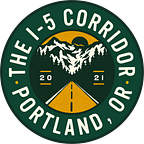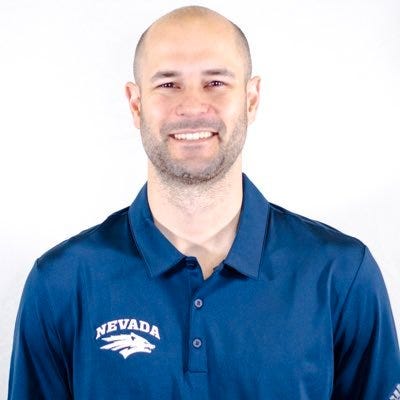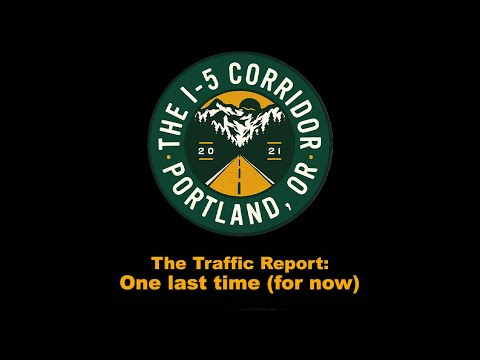Nate Costa played quarterback at Oregon under Mike Bellotti and Chip Kelly, worked for Mark Helfrich as a graduate assistant and served as an senior offensive analyst on Mario Cristobal’s staff.
He’s worked with Justin Herbert and Marcus Mariota. He’s prepared pregame offensive game plans for Phil Knight to study. Few have had a more thorough Oregon experience. So while I’m happy for Costa that he landed his first on-field coaching role at Nevada as part of Ken Wilson’s new staff, I’m also a little disappointed that someone with so much knowledge of the most succesful era in Oregon football history is no longer with the program.
I asked him to share a little bit about that experience. His insight into the last two decades in Eugene is a must-listen for any Oregon fan.
Here are a few highlights from my conversation with Nevada’s new quarterbacks coach, though I’d really suggest the full listen.
On what made Mario Cristobal a success:
One of the best things he did at Oregon was he was good at pooling resources. And when I say that, If you’re going to hire a Joe Moorhead to be your offensive coordinator with his pedigree, you’re going to have to pull up the Brinks truck — and in the past Oregon hadn’t been a place to pull up the Brinks truck. That’s just what you have to do to be competitive in this college football landscape. He did a good job of, whether it was going to Rob Mullens, or going to Phil Knight, or finding a little extra money between the seat cushions — he did a good job of that.
Rob Mullens is very talented financially. He has that background and knows how to balance the books. He’s not going to spend what he might perceive as being frivolously, so there were times when Mario would go to Rob and ask for X, Y and Z and Rob would say I’ll give you this but I won’t give you that. Because that’s the role he plays at the athletic department. And Mario did a really good job lobbying whoever he had to lobby to. Everybody wants to automatically say, ‘Hey, just go to Phil Knight and have him write you a check.’ It doesn’t work that way. People who think that way really have no idea how this works. But Mario did a really good job of networking and pulling strings where he needed to. And in the end, he just got things done.












